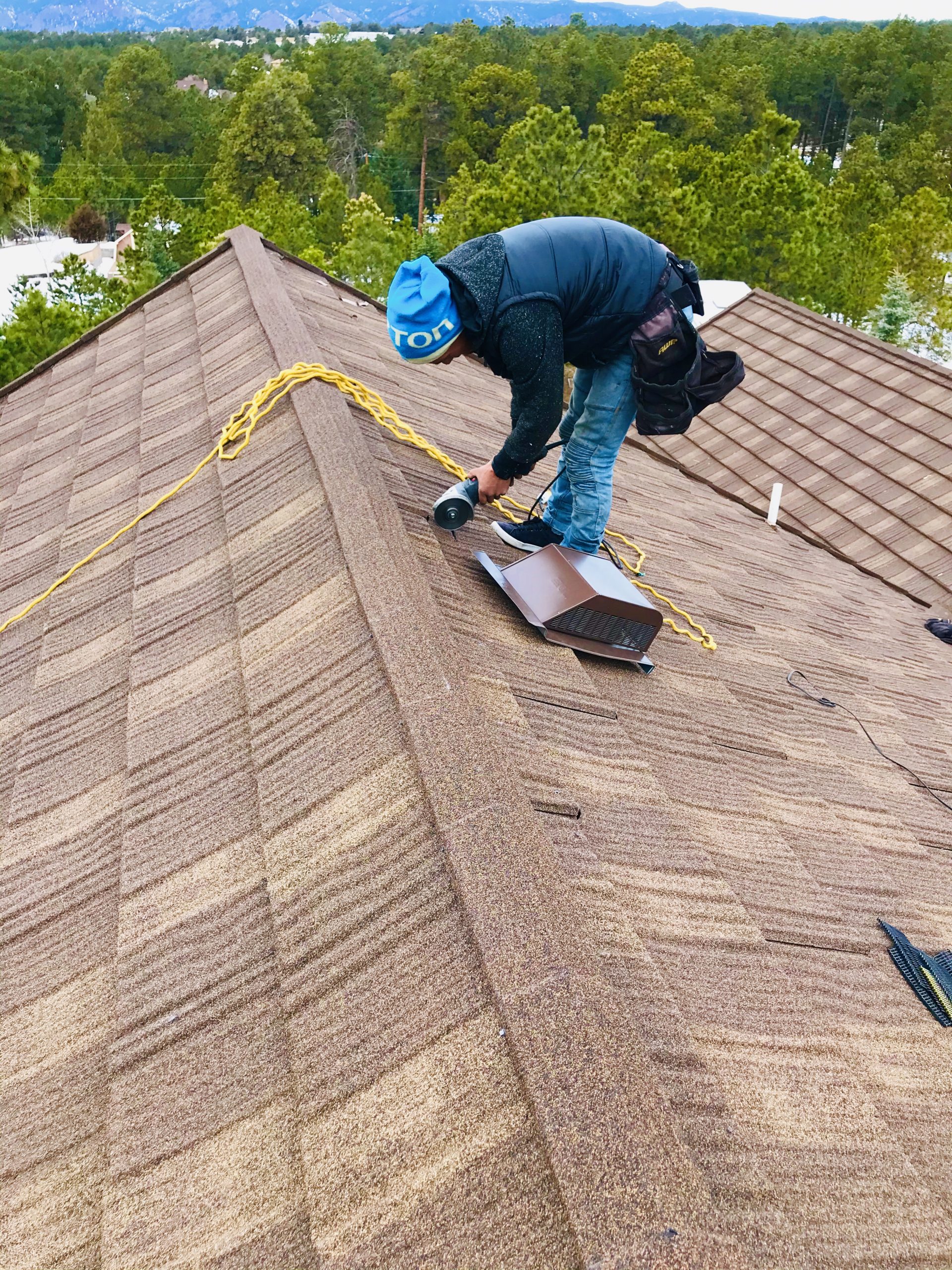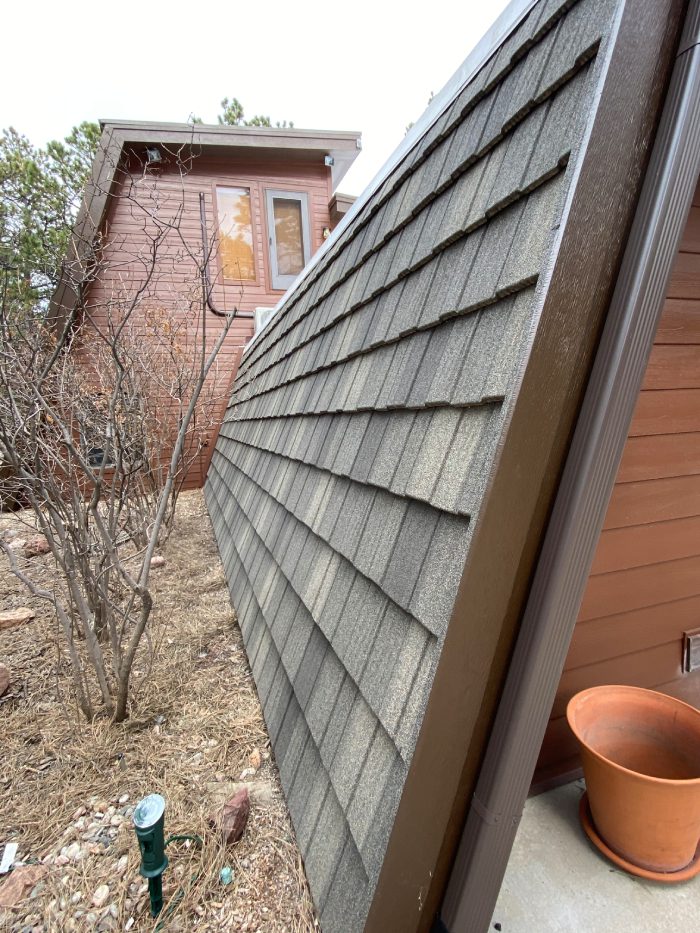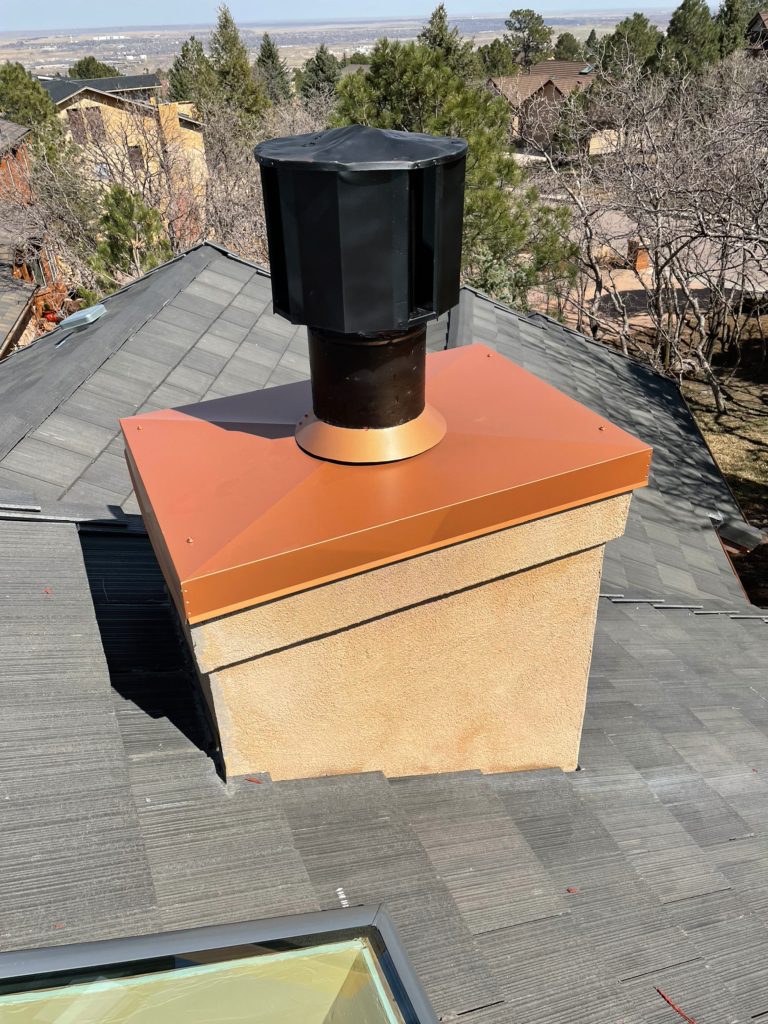Why choose a tile roof?
Homeowners typically choose a tile roof for its durability, aesthetic appeal, and low maintenance.
What are roof tiles made of?
Roof tiles are made of clay, concrete, slate, metal, composite, and synthetic materials.
Benefits of a Properly Installed Tile Roof
- Durability. Tile roofs can withstand high winds, hail, snow, and ice.
- Longevity. A tile roof can last over 50 years.
- Low Maintenance. Tile roofs requires very little maintenance.
- Aesthetic Appeal. Tile roofs come in many designs.
- Fireproof. Tile roofs do not ignite.
- Pest Resistant. Tile roofs are highly resistant to damage from pests.
- Insurance Savings. Most insurance carriers offer a substantial discount on homes with tile roofs.
- Energy Efficiency. Due to their high thermal mass, tile roofs help insulate the home from heat.
Drawbacks of a Tile Roof
- Initial investment. The cost to install a tile roof is generally more than an asphalt roof.
- Weight. Concrete and clay tiles weigh 3 to 4 times more than ashpalt shingles, and may need structural reinforcement if your original roof wasn’t built to support the added weight.
- Cost to repair. In the case where tiles are damaged by extreme impact, the cost to repair sections of a roof may be more expensive than other options. As with most roofing materials, colors may fade over time due to UV exposure, and matching tiles can be challenging, if not impossible.
Key Considerations of Installing a Tile Roof
If there were one simple and perfect solution for every homeowner, there would only be one product option! But each tile material has its own unique benefits that appeal to one homeowner or another. For example, concrete and clay tiles can crack if they’re hit with enough force. Stone coated steel can sustain cosmetic damage while maintaining its structure and protective qualities. It’s important to note that many insurance policies won’t cover cosmetic damage without additional riders to the policy. If you are considering stone coated steel, be sure to verify cosmetic damage coverage if that is important to you.
Here are some important characteristics to consider when evaluating your next roof:
- Weight: Concrete tile is heavier than clay, and both will generally require structural reinforcement to the roof if the home is converting from asphalt shingles. Stone coated steel, however, is lighter than concrete and clay, and can typically be installed without requiring additional reinforcement. Concrete tile is also succepitble to absorbing water, which can add to the weight load during wet seasons.
- Aesthetic: Steel roof tiles come in a wide variety of designs and colors, offering homeowners the appearance of traditional shake or slate and can fit the architectural style of nearly any home.
- Protection: The climate and weather patterns in Colorado bring three primary concerns when evaluating a new roof: Hail, and Fire. Tile roofs offer the best protection for these risk factors.
- Wind: Properly installed tile roofs can sustain winds upwards of 150mph.
- Ice dams: The space between the tiles and the roof deck provides a more consistent temperature of the entire roof, which reduces the melt & freeze processes that causes ice dams.
To appreciate all the benefites of a tile roof, we highly recommend hiring a local certified roofing company for a proper installation. Tile roof installation is very technical, and poor quality workmanship will cost a homeowner significantly more in the long term.





